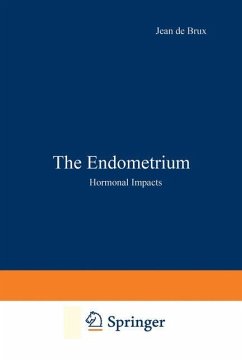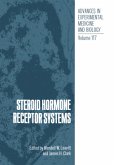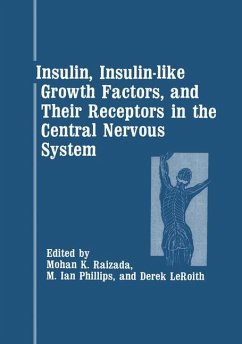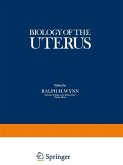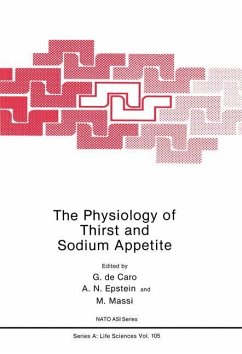Although the physiology of the menstrual cycle appears clear and easily explained by a balance in the concentration of various sex steroid hormones, numerous details of its mechanism are still poorly understood and little is known about the relationship among clinical events, plasma hormone concentrations, molecular impacts on target tissues and their regulation. In the following chapters, the authors have attempted to establish a correlation between endometrial histology and well-understood physiologic events of the menstrual cycle. They have provided up-to-date information on the effects of various hormones and combinations of hormones on the endometrium. The interdependence of endometrial morphology, molecular biology, endocrinology and physiology, provides grounds for a better understanding of the complex mechanism of the menstrual cycle, and sheds some light on its pathophysiology. Such an approach adds ariother dimension to interpretation of many menstrual abnormalities andnumerous aspects of infertility in women with normal physiognomies and apparently regular menstrual cycles. The pathologist must be aware of these new concepts since a knowledge of functional changes reflected in hormone serum levels and sex steroid receptor concentrations allows a mare detailed analysis and a better interpretation of the structural features of the endometrium. This information placed in the proper clinical context can help the gynecologist provide optimal therapy. The reader will find a valuable reference for a synthesis of clinical, morphological, and biochemical data related to the menstrual cycle and its aberrations.
Hinweis: Dieser Artikel kann nur an eine deutsche Lieferadresse ausgeliefert werden.
Hinweis: Dieser Artikel kann nur an eine deutsche Lieferadresse ausgeliefert werden.

